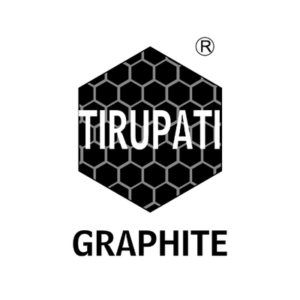As more and more Americans embrace electric vehicles, automakers and the federal government are racing to secure the materials needed to build EV batteries, including by pouring billions of dollars into battery recycling. Today, recyclers are focused on recovering valuable metals like nickel and cobalt from spent lithium-ion batteries. But with the trade war between the U.S. and China escalating, some are now taking a closer look at another battery mineral that today’s recycling processes treat as little more than waste.
On Dec. 1, China implemented new export controls on graphite, the carbon-based mineral that’s best known for being used in pencils but that’s also used in a more refined form in commercial EV battery anodes. The new policies, which the Chinese government announced in October shortly after the Biden administration increased restrictions on exports of advanced semiconductors to China, have alarmed U.S. lawmakers and raised concerns that battery makers outside of China will face new challenges securing the materials needed for anodes.
Tirupati Graphite PLC (LON:TGR) is a fully integrated specialist graphite and graphene producer, with operations in Madagascar and India. The Company is delivering on this strategy by being fully integrated from mine to graphene. Its global multi-location operations include primary mining and processing in Madagascar, hi-tech graphite processing in India to produce specialty graphite, and a state-of-art graphene and technology R&D center to be established in India.


